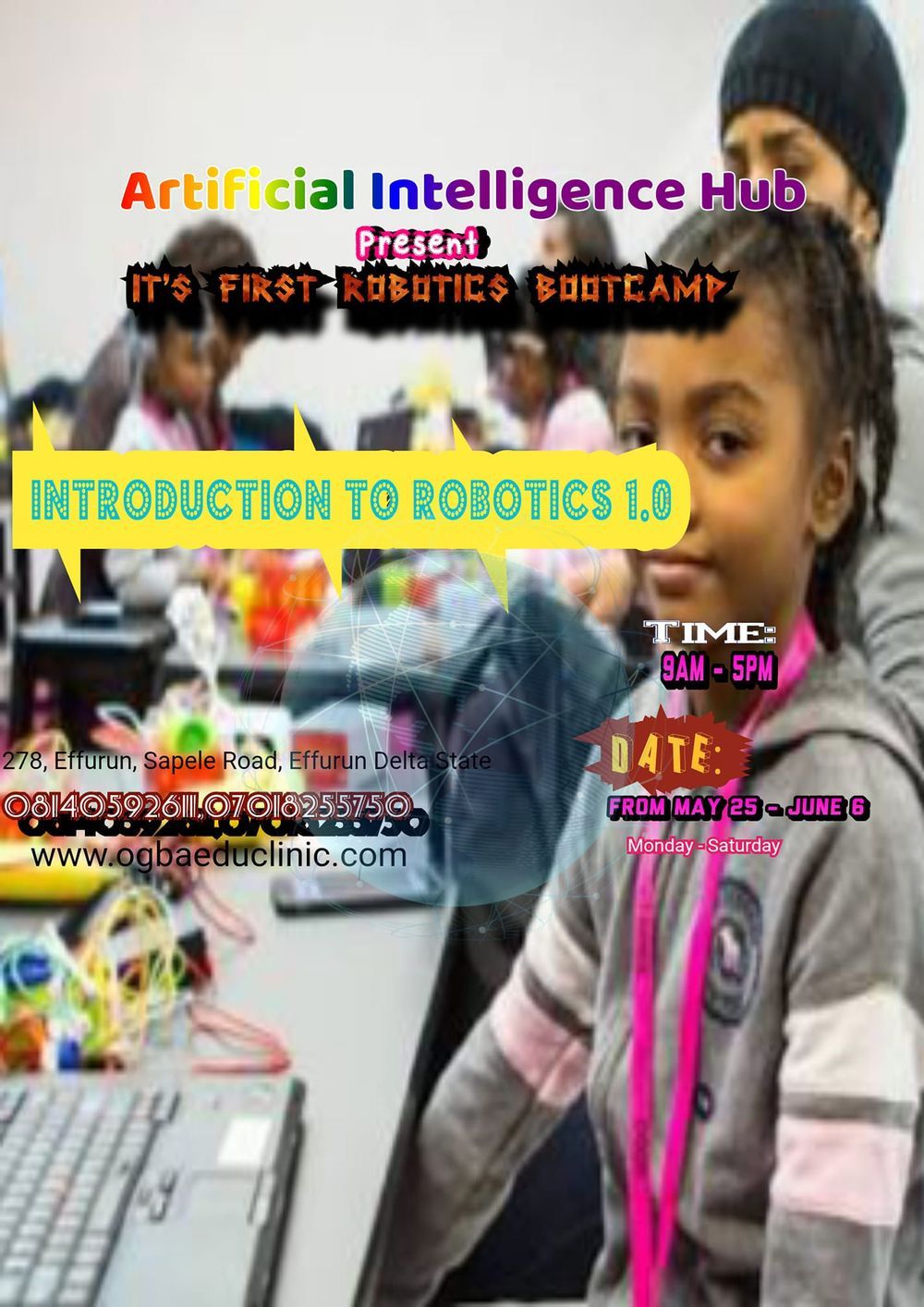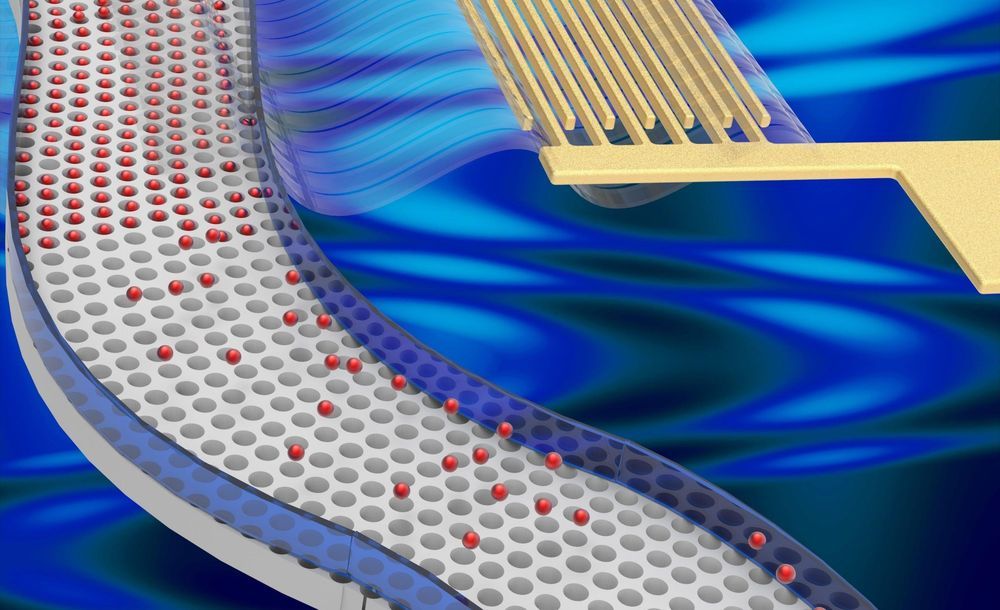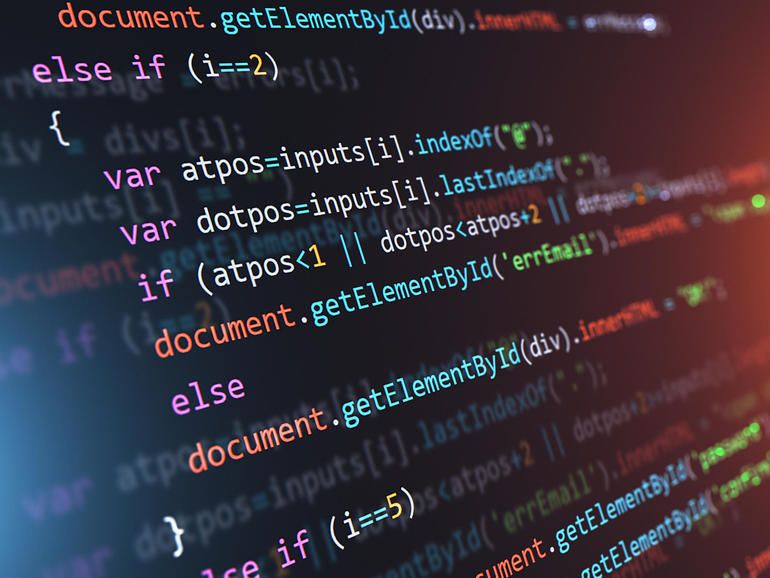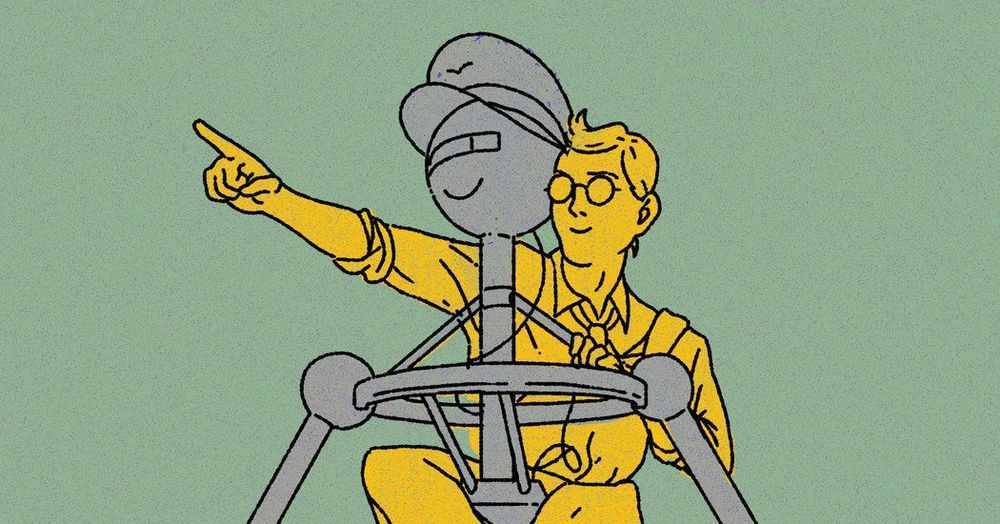Buckle up, Buttercup.
The robotics arms race has been in progress awhile.
Unmanned surface vessel is said to be world’s first with multiple roles – anti-submarine, air defence and surface combat – and powerful weaponry.


U.S. apparel chain Gap is speeding up its rollout of warehouse robots for assembling online orders so it can limit human contact during the coronavirus pandemic, the company told Reuters.
Gap reached a deal early this year to more than triple the number of item-picking robots it uses to 106 by the fall. Then the pandemic struck North America, forcing the company to close all its stores in the region, including those of Banana Republic, Old Navy and other brands. Meanwhile, its warehouses faced more web orders and fewer staff to fulfill them because of social distancing rules Gap had put in place.
“We could not get as many people in our distribution centers safely,” said Kevin Kuntz, Gap’s senior vice president of global logistics fulfillment. So he called up Kindred AI, the vendor that sells the machines, to ask: “Can you get them here earlier?”

In our efforts to domesticate Artificial Intelligence and prepare people for future jobs in Africa. We are glad to announce our first Robotic boot camp tagged Introduction to Robotics 1.0. The Artificial Intelligence Hub is training young people between the ages 7 and 20 on Robotic Engineering. Take advantage of this opportunity to learn and be equipped with future skills. Register with the link provided below. https://forms.gle/yTx2obDkSQ5ULTLM9

Acoustofluidics is the fusion of acoustics and fluid mechanics which provides a contact-free, rapid and effective manipulation of fluids and suspended particles. The applied acoustic wave can produce a non-zero time-averaged pressure field to exert an acoustic radiation force on particles suspended in a microfluidic channel. However, for particles below a critical size the viscous drag force dominates over the acoustic radiation forces due to the strong acoustic streaming resulting from the acoustic energy dissipation in the fluid. Thus, particle size acts as a key limiting factor in the use of acoustic fields for manipulation and sorting applications that would otherwise be useful in fields including sensing (plasmonic nanoparticles), biology (small bioparticle enrichment) and optics (micro-lenses).
Although acoustic nanoparticle manipulation has been demonstrated, terahertz (THz) or gigahertz (GHz) frequencies are usually required to create nanoscale wavelengths, in which the fabrication of very small feature sizes of SAW transducers is challenging. In addition, single nanoparticle positioning into discrete traps has not been demonstrated in nanoacoustic fields. Hence, there is a pressing need to develop a fast, precise and scalable method for individual nano- and submicron scale manipulation in acoustic fields using megahertz (MHz) frequencies.
An interdisciplinary research team led by Associate Professor Ye Ai from Singapore University of Technology and Design (SUTD) and Dr. David Collins from University of Melbourne, in collaboration with Professor Jongyoon Han from MIT and Associate Professor Hong Yee Low from SUTD, developed a novel acoustofluidic technology for massively multiplexed submicron particle trapping within nanocavities at the single-particle level.

Russian researchers from HSE University and Open University for the Humanities and Economics have demonstrated that artificial intelligence is able to infer people’s personality from ‘selfie’ photographs better than human raters do. Conscientiousness emerged to be more easily recognizable than the other four traits. Personality predictions based on female faces appeared to be more reliable than those for male faces. The technology can be used to find the ‘best matches’ in customer service, dating or online tutoring.
The article, “Assessing the Big Five personality traits using real-life static facial images,” will be published on May 22 in Scientific Reports.
Physiognomists from Ancient Greece to Cesare Lombroso have tried to link facial appearance to personality, but the majority of their ideas failed to withstand the scrutiny of modern science. The few established associations of specific facial features with personality traits, such as facial width-to-height ratio, are quite weak. Studies asking human raters to make personality judgments based on photographs have produced inconsistent results, suggesting that our judgments are too unreliable to be of any practical importance.


But Ben Shneiderman, a University of Maryland computer scientist who has for decades warned against blindly automating tasks with computers, thinks fully automated cars and the tech industry’s vision for a robotic future is misguided. Even dangerous. Robots should collaborate with humans, he believes, rather than replace them.
A computer scientist argues that the quest for fully automated robots is misguided, perhaps even dangerous. His decades of warnings are gaining more attention.


